The most popular representatives of leafy vegetables are spinach, cabbage, lettuce, parsley, sorrel, nettles and dock.
The green plants are a valuable source of calcium. This is especially true for the outer leaves of white cabbage, cauliflower and lettuce.
The mineral contained in leafy vegetables is very well absorbed by the body.
The only exception is the calcium of spinach and sorrel, as it is contained in them and it is associated with oxalic acid. This makes it insoluble and therefore indigestible by the intestinal mucosa.
Leafy vegetables are extremely healthy because they contain iron, copper and other trace elements rich in vitamins C, carotene, B2, P, K.
Beetroot leaves, parsley and turnips are good sources of vitamins. Spinach, cabbage and nettles contain a large amount of vitamin K.
However, due to the content of this specific oxalic acid, spinach and sorrel are not recommended for people suffering from kidney problems, as well as in the presence of stones and sand in the urinary tract.
They are also contraindicated in liver and gastrointestinal diseases because they contain substances that stimulate the stomach glands. However, they are recommended for those suffering from anemia.
In general, leafy vegetables are very good for fatigue, general exhaustion, obesity and problems with the cardiovascular system.
One of the best sources of vitamin C from leafy vegetables are parsley and dill. Only in gastric, liver and kidney problems it is advisable to avoid them, since they contain essential oils.
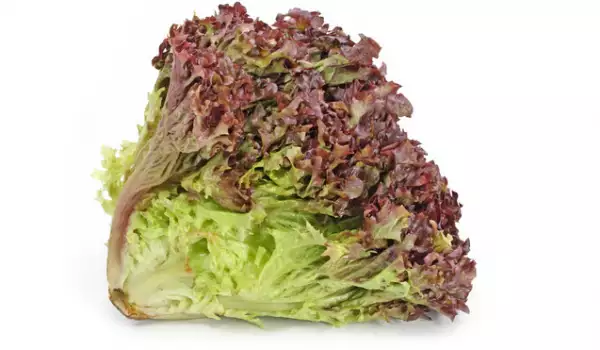
If you want to get more carotene in your daily menu, choose darker lettuce. Dark color is a prerequisite for a more saturated amount of carotene in leafy vegetables. Lettuce should be avoided only in case of acute intestinal diseases.
Cabbage is also an extremely healthy leafy vegetable. It is a valuable source of vitamin D. This is especially true for Brussels sprouts and red cabbage. These varieties are richer in carotene, than ordinary white cabbage. They also contain a lot of calcium, potassium and sulfur.
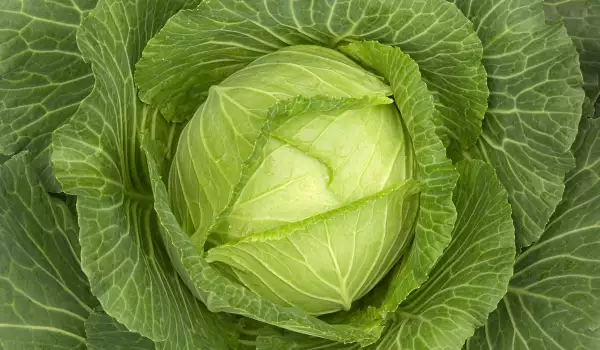
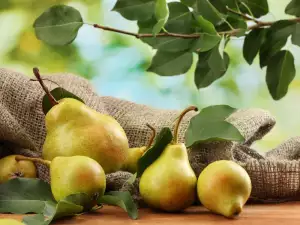


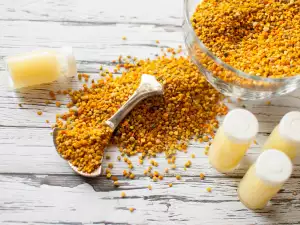


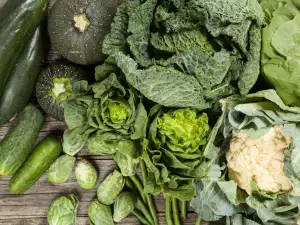


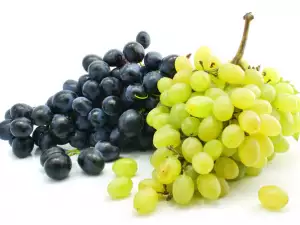
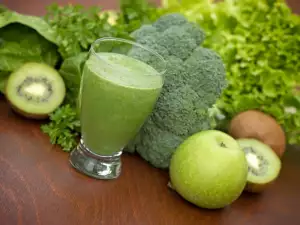

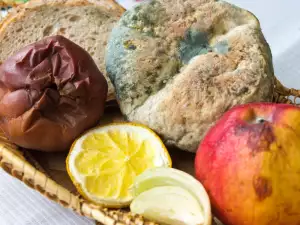

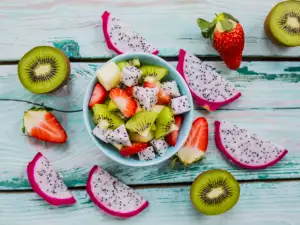




Comments